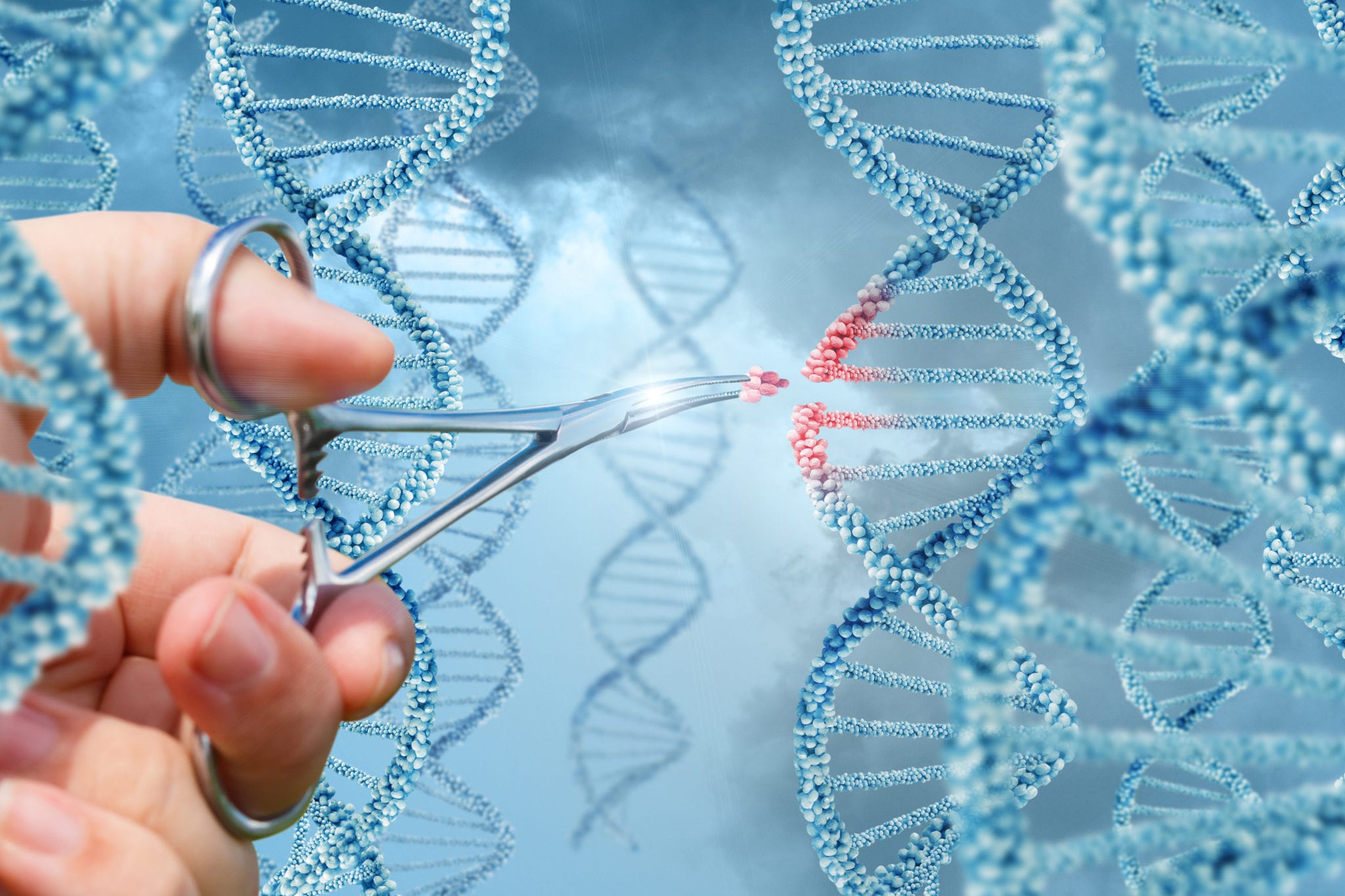With the rise of direct-to-consumer (DTC) genetic testing companies, and an explosion of genomic data emerging from individual DNA, genome companies are racing to build a search engine for our DNA.
Introduction
It is said that this is the best of times for direct-to-consumer (DTC) genetic testing companies, human disease genomics, and the launch of genomic data marketplaces. Due to advances in technology and the availability of cost-effective consumer genotyping kits, massive genomic data sets from human patients and controls are being created from across nations. As a result, it is not only the continued growth in the number of disease genes identified, but it will also advance a deepening of our understanding of the fundamental human genetic architecture and disease states. Moreover, we will also see the commercialization of genomic data.
Along with the identification of human disease genes and states, the ongoing integration of artificial intelligence-driven automation is rapidly advancing novel mechanisms for the analysis and synthesis of a wide variety of disease genomic data types from the fragmented genomic testing market. While, individually and collectively, this is paving the way to the future of personalized medicine, it is still essential to understand and evaluate:
- What are the implications of the growing genomic data and marketplaces?
- What is required to understand and evaluate the massive genomic data?
- What is the meaning of the ever-increasing human disease genomic data for the future of healthcare?
- What are the complex security risks that emerge with the availability of extensive human genomic data?
The Genetic Testing and Research
As seen across nations, DNA test kits for genetic testing are getting popular. As obtaining an individual’s entire genome has become fast and cost-effective, the DNA databases of genetic information are growing by the terabyte. As a result, the rise of direct-to-consumer (DTC) genetic testing companies and an explosion of data emerging from individual DNA derived from personalized genetic testing bring us both promise and perils.
The central objective of human genetic research is to identify the sequence variations that play a causal role in the development of human disease. The understanding and use of this information are on their way to help generate personalized insights into the biology of human health and disease that can support timely intervention to the clinical translation of disease onset. Now, as artificial intelligence continues to be integrated into medical diagnostic technology, the value of the rapidly growing genetic testing data is increasing enormously. So, the question is:
- How are we linking the genetic databases and DNA biobanks from across nations?
- How are we organizing the genomic data?
- How are we making it user-friendly?
- How are we defining and determining the credibility and relevance of the growing genetic databases?
Understandably, there are a lot more questions than answers. However, to begin with, there is a need for a way to efficiently sift through the exploding genetic information for the cause of any particular human disease disorder or for clues to how human patients might respond to treatment. Acknowledging this emerging reality of the need to evaluate the emerging troves of genomic data, Risk Group initiated a much-needed discussion on Genomic Search Engine and Genome Interpretation with Dr. Mark Kiel, the Founder and Chief Scientific Officer of Genomenon based in the United States on Risk Roundup.
Disclosure: Risk Group LLC is my company
Dr. Mark Kiel, Founder and Chief Scientific Officer of Genomenon based in the United States participate in Risk Roundup to discuss Diagnostic Genomics: Genomic Search Engines and Genome Interpretation.
Decoding the Individual Genome
Undoubtedly, this is the best of times for human disease genomics. As obtaining and decoding an individual’s entire genome has become easy, rapid, and affordable, genome companies are trying to help bring the value of genetic testing data to personalized medicine, in part by developing a search engine for genomic material. So, what will be the impact of the growing database of genetic information, and where will the search engines take us?
Over the years, remarkable progress has been made in the identification and functional characterization of DNA sequence variants associated with many human diseases. Now, with the arrival of genome-scale mechanisms and approaches for the testing of variant association to the human condition, and their application to increasingly large sample sets, our ability to identify alleles underlying rare and common diseases alike with the help of artificial intelligence-driven automated identification tools has increased substantially. The question is whether we currently have the potential for identifying engineered pathogens that can be used in biowarfare?
The Dawn of Genomic Medicine and Marketplaces
Genomic medicine, an emerging structured approach to human disease diagnosis and management that significantly features genome sequence information, helps scientists, researchers, and medical professionals to determine what genetic code does. Now as researchers link the genetic code to specific human traits or behaviors, this advances the foundation of genomic medicine to a whole new spectrum of disease diagnostic services and personalized new drugs. Furthermore, as human genome data is integrated with the genome data of the microbes in and around the human body, it will likely give us valuable insights into human health and the onset of human diseases, and also help open new markets of personalized genomic medicine, genomic drugs, treatments as well as targeted consumer products and services. That brings us to an important question: how are companies using our genome and the intelligence they get from genetic testing data?
Now, as both private and public organizations begin to collect and create DNA biobanks, how will the formation of genomic biobanks play a role in the creation of genomic marketplaces? How will genomic data marketplaces shift the goals and objectives of genetic testing? It is essential to understand and evaluate:
- Across nations, who is collecting and developing DNA biobanks? For what purpose and goals?
- Who is regulating the DNA biobanks? Who is accountable for the DNA biobanks?
- How secure are the DNA biobanks?
- How safe is the DNA footprint of any consumer?
- How much is our genome worth?
- How can consumers erase their genetic footprint from the internet?
As the effort intensifies to make a functional DNA search engine, the dawn of genomic data marketplaces is a cause of great concern. As millions across nations willingly give their genetic code to for-profit businesses, the question is, do we even know what is at risk?
What Next?
The DNA Data race is becoming a rat race. There is no doubt that genetic testing brings opportunities to unlock the value of precision medicine. The hope is that personalized medicine which is targeted and effective will become cheaper. While a plethora of risk factors will likely determine the reality of personalized medicine, the truth of the emerging DNA data race necessitates an understanding of the security risks originating from genetic testing, genomic footprints, genomic databases, genomic medicine, DNA biobanks, and genomic marketplaces.
NEVER MISS ANY OF DR. PANDYA’S POSTS
Just join here for a weekly update





 Evaluating Natural Blockchain Language
Evaluating Natural Blockchain Language